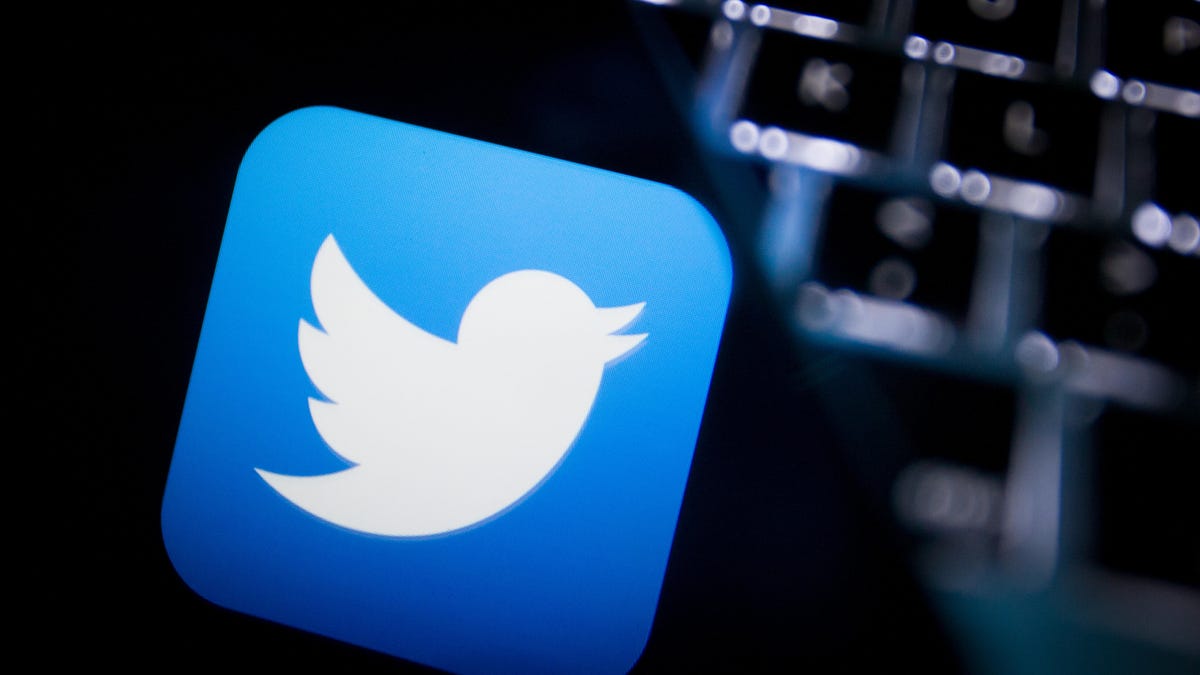Cyberattack on Twitter targeted Epilepsy Foundation with strobing images
Attackers apparently tried to trigger seizures in followers of the account who have the condition.

A series of attacks on the Epilepsy Foundation's Twitter account exposed thousands of people to videos of flashing strobe lights in an apparent attempt to trigger seizures in those with the condition.
Attackers sent videos of flashing strobe lights to thousands of followers of the Epilepsy Foundation's Twitter account last month in an apparent attempt to trigger seizures in those with the condition, the foundation said Monday. The attacks, which used the foundation's Twitter handle and hashtags to get the videos in front of the account's followers, occurred during National Epilepsy Awareness Month, when more people would be likely checking the feed.
"These attacks are no different than a person carrying a strobe light into a convention of people with epilepsy and seizures, with the intention of inducing seizures and thereby causing significant harm to the participants," Allison Nichol, director of legal advocacy for the Epilepsy Foundation, said in a statement.
Flashing lights at certain intensities or in certain patterns can trigger a seizure in people with photosensitive epilepsy.
The foundation said it counted at least 30 such attacks, which have been reported to law endorsement officials, though it wasn't immediately clear how many people were affected by the attack.
A Twitter spokesman said the company is committed to making Twitter safer by offering the option of preventing media from autoplaying in users' Timelines and barring GIFs from appearing when someone searches for "seizure" in GIF search.
"If Twitter determines accounts are dedicated to causing offline harm, they will be permanently suspended," a Twitter spokesman said. "We're exploring additional options to help protect the people on Twitter from this type of abuse."
A similar attack occurred in 2016 when a Maryland man was charged with aggravated assault after allegedly sending a tweet to journalist Kurt Eichenwald that triggered an epileptic seizure. Eichenwald, who's written openly about his epilepsy in past years, received the tweet after he criticized then-President-elect Donald Trump's policies on TV.
The suspect, identified as John Rayne Rivello, allegedly sent the tweet, with the message: "You deserve a seizure."
After learning of the attacks on the Epilepsy Foundation, Eichenwald tweeted Monday, "When will these idiots figure out we won't let them try to kill or hurt us anymore?"

